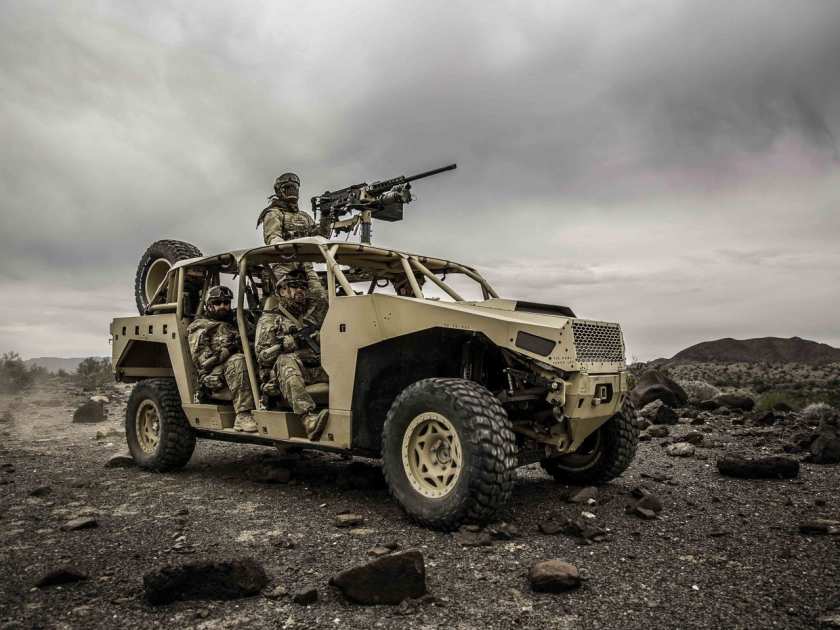US Army Seeks New Infantry Squad Vehicle
The US Army has posted a market survey notice kicking off the search for a new Infantry Squad Vehicle. The Army is looking for a highly mobile vehicle capable of carrying a full 9-man infantry squad. The Sources Sought Notice, posted on the 24th September, lays out what the Army’s Product Lead, Ground Mobility Vehicles (PL GMV) team is looking for is a highly flexible, lightweight transport vehicle.
The vehicle is described as being lightweight and highly mobile, sacrificing vehicle protection and using an open cab. The notice advises that “survivability will be achieved through high mobility, a roll cage and occupant restraints.” The new vehicle also has to be air transportable by air drop or internal transport aboard C-17s, C-130s, CH-47s and the UH-60.
The Army’s survey notice for the Infantry Squad Vehicle, posted on FedBizOpps, gives the following desired capability summary:
“The ISV requires mobility for a 9-soldier infantry squad with associated equipment to move around the close battle area. The ISV is a lightweight, high mobility platform that shall be transportable by all means including vertical lift (via CH47 and UH60) and Low Velocity Air Drop (LVAD).”
The vehicle must have blackout lights, weapon mounts capable of supporting various weapon systems such as the M240 general purpose machine guns or the Mk 19 grenade launcher. It must be capable of road speeds of up to 50 to 55 mph and cross country speeds of between 17 and 22 mph depending on surface. The vehicle must weigh no more than 4,800 lbs or 2.4 tons.
The army is looking for a total of 2,065 vehicles with the aim of procuring up to 100 per year, beginning in FY2020. Interested vendors have until the 26th October to register their interest and complete the Army Contracting Command’s extensive questionnaire. An industry day is scheduled for the fist quarter of 2019, with an RFP likely to follow. The Army hope for testing to begin in the second half of 2019, with a contract award to be made in the first half of 2020.

